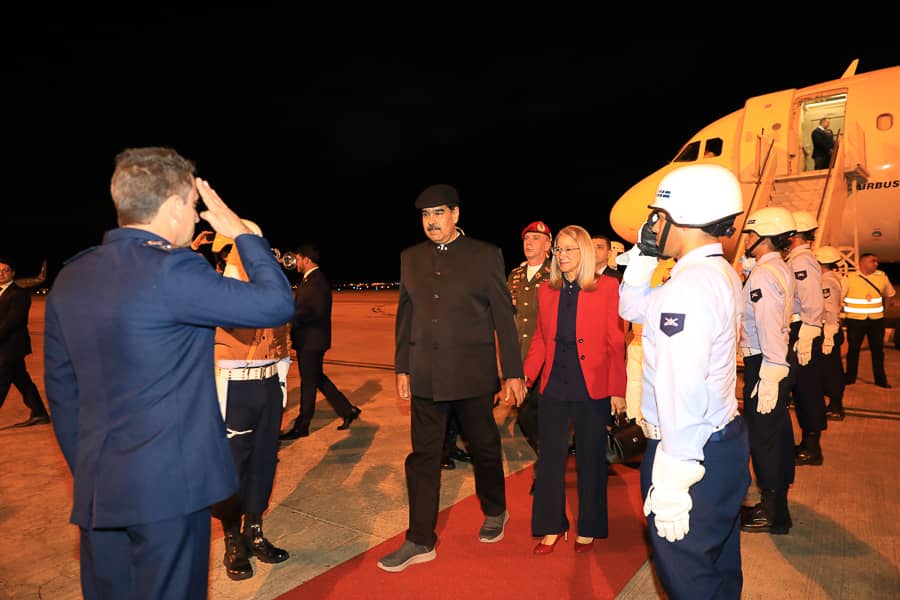Havana Cuba. – On May 30, 1937, Armando Valladares was born in Pinar del Río. He was a sympathizer and official of the Cuban Revolution until it became clear to him that the intentions of Fidel Castro they were a long way from restoring the democracy lost with the coup d’état of 1952.
For refusing to place pro-Castro propaganda on his desk, at just 23 years old he was falsely accused of crimes against State security and sentenced, in a trial without legal guarantees, to 30 years in prison, of which he served 22. During During his imprisonment, he went on numerous hunger strikes to protest the inhumane conditions to which he and other prisoners were subjected, which greatly weakened his health.
His first poems were born in a punishment cell, and thanks to the few authorized conjugal visits to his wife, they managed to escape, hidden, from prison. The opponent, who refused to be part of the “political rehabilitation” programs, received a total of 13 visits throughout his political prison.
Valladares admitted that prison forced him to write to satisfy the mere need to communicate, since his captors used to leave him in isolation for a long time. Those initial verses were included in a collection of poems entitled Castro’s Prisoner (1982), which, once published outside of Cuba, was very well received and was recognized with the Freedom Prize granted by the French PEN Club. At the same time, Amnesty International declared him a prisoner of conscience and pressure from the free world got the regime to negotiate with the French government for his release, which became final that same year.
Exiled in Paris and later settled in the United States, he has dedicated most of his life to promoting human rights and their continuous violations by the Cuban dictatorship.
In prison he wrote his memoirs under the title against all hope, a book that was published in Italy, in 1987, and has been translated into 18 languages. He also posted caverns of silence (1983), The heart with which I live (1984) and from my wheelchair (1985).
Ronald Reagan named him ambassador to the United Nations Commission on Human Rights, where he denounced the harsh prison conditions of 15 Cuban political prisoners. His appearance managed to open an investigation in Cuba through that institution.
Valladares was president of the Human Rights Foundation, an organization that monitors and denounces human rights violations in totalitarian regimes.




